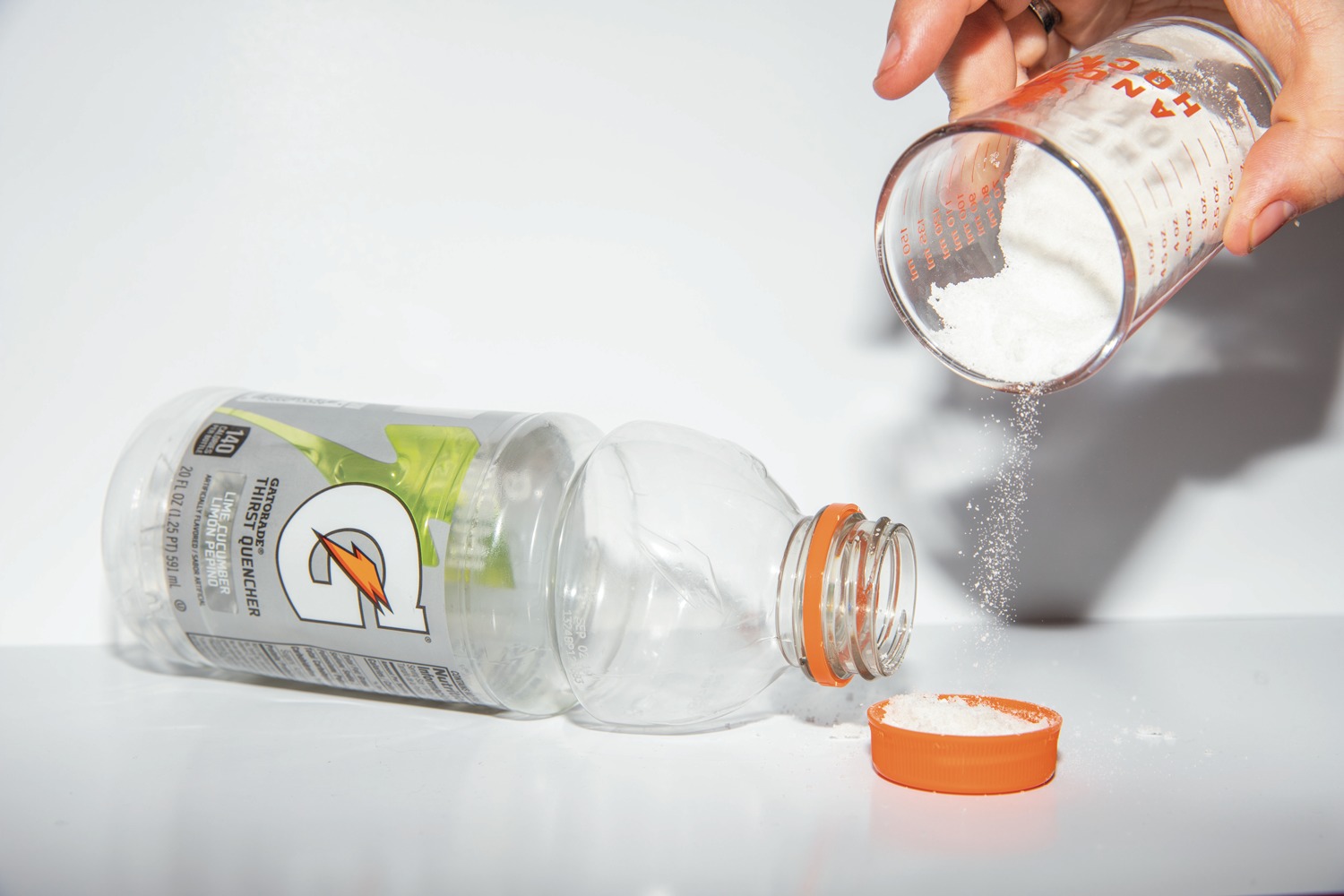
With a growing number of people concerned with dieting and weight loss in to- day’s society, many turn to processed diet and low-fat food products as an easy solution to the problem.
Though such diet and fat-free products claim to be healthier, they often contain high amounts of sugar or other unhealthy ingredients.
Dina Soliman, senior nutrition major, said it is concerning to her that many diets encourage people to exclude healthy nutrients the body needs such as proteins, carbohydrates and fats.
“Even if they say low-fat, they substitute it for other things that aren’t good for us,” Solimon said.
Solimon suggests people looking to change their diet consult a dietitian to learn about healthier ways to achieve those goals.
Various low-fat breakfast cereals claim to provide health benefits for those with high cholesterol or gluten intolerance, but the ingredient lists tell a di erent story.
Most breakfast cereals contain refined grains, artificial chemicals and — to no surprise — lots of sugar.
This use of misleading advertisement can lead to even worse health problems for consumers later.
High-fructose corn syrup, commonly found in breakfast cereals and sodas, is a sweetener made from corn starch known to be linked to health problems including obesity, heart disease and some cancers.
Candies labeled sugar-free contain refined carbs, which have been linked to increased risk of diabetes and heart disease.
Diet sodas substitute sugar with artificial sweeteners such as aspartame and sucralose, which provide no nutritious value to the body.
Myles Porter, Recreation Center per- sonal trainer, said a healthy diet should be balanced and contain nutrients essential to the body.
“Though it may be fat-free, the consumer doesn’t take the time to look up the ingredients and how it affects their bodies, life- style and overall performance,” Porter said.
Porter said excess consumption of salts and sugars can lead to obesity, heart disease and diabetes.
Samantha Emerick, sophomore business administration major, said she is alarmed by how misleading this use of advertising is because these products specifically target people who are trying to eat better or lose weight.
“Coming from someone who takes health food very seriously, it is hard to ac- cept the idea that what I could possibly be eating isn’t as good for me as I thought,” Emerick said.
Emerick said she tries to stay away from processed foods as much as possible and sticks to eating healthy with natural vegetables and protein.
People often think because these prod- ucts are advertised as healthier, they can consume excess amounts without gaining weight. However, this can be harmful to one’s health and result in unhealthy eating habits.
This only signifies the importance of being aware of the foods one is consuming and checking the ingredients list to see if a product contains excess sugars, trans fats and other potentially harmful chemicals.


